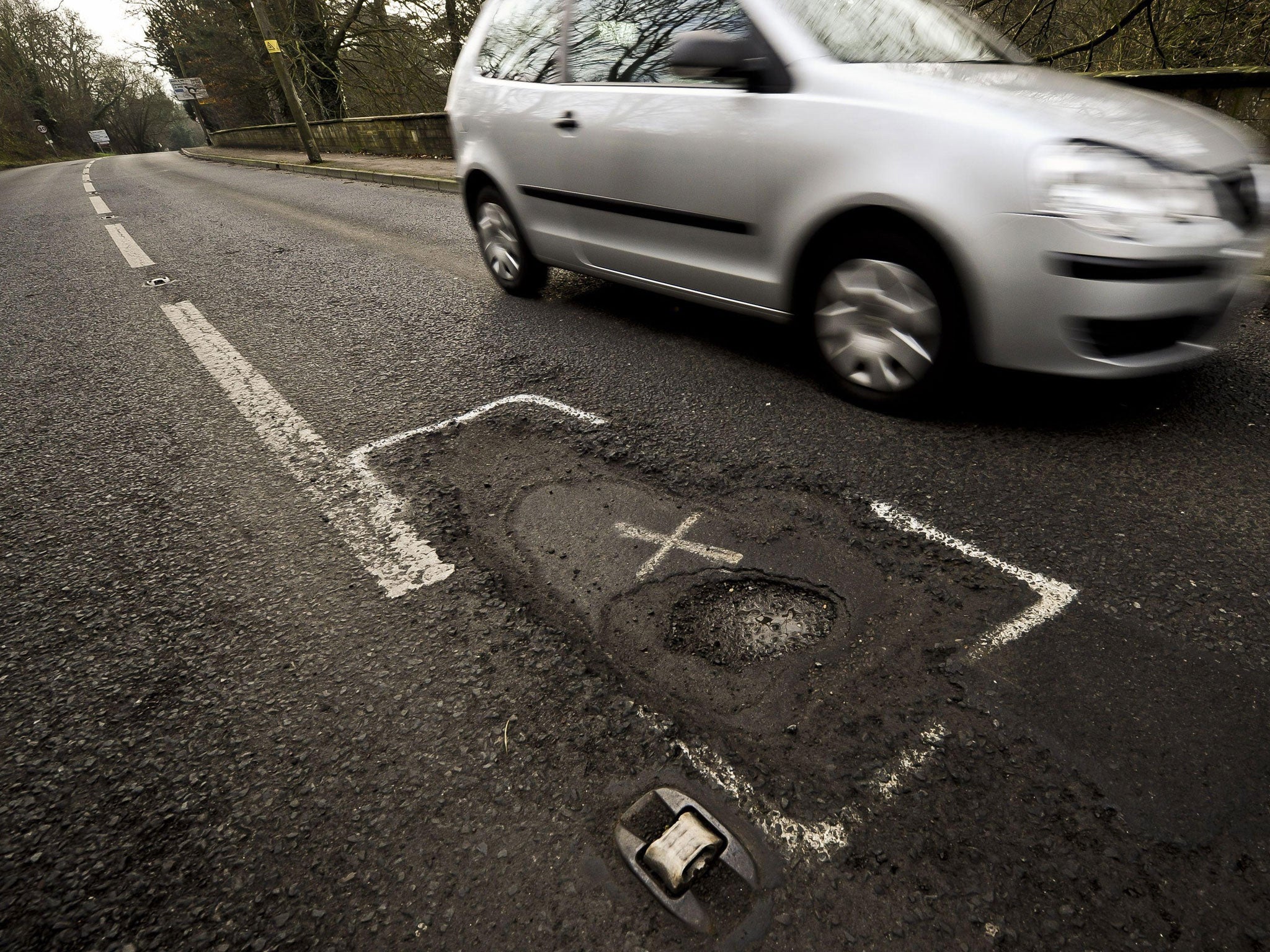Local authorities hit as part of Coalition's new £11.5bn round of spending cuts
Squeeze could affect children's centres, museums, libraries, sports centres, road maintenance and result in higher bus fares

Your support helps us to tell the story
From reproductive rights to climate change to Big Tech, The Independent is on the ground when the story is developing. Whether it's investigating the financials of Elon Musk's pro-Trump PAC or producing our latest documentary, 'The A Word', which shines a light on the American women fighting for reproductive rights, we know how important it is to parse out the facts from the messaging.
At such a critical moment in US history, we need reporters on the ground. Your donation allows us to keep sending journalists to speak to both sides of the story.
The Independent is trusted by Americans across the entire political spectrum. And unlike many other quality news outlets, we choose not to lock Americans out of our reporting and analysis with paywalls. We believe quality journalism should be available to everyone, paid for by those who can afford it.
Your support makes all the difference.Local authorities could see a 10 per cent reduction in the grants they receive from the Government as part of a new £11.5bn round of spending cuts to be announced next week.
Councils have been hit hard by the Coalition's cuts since 2010 and have warned that another squeeze could affect children's centres, museums, libraries, sports centres, road maintenance and result in higher bus fares and street lights being turned off between midnight and dawn.
Although George Osborne has confirmed that he has found only £3.6bn of the £11.5bn of cuts for 2015-16, he is edging towards agreement with big-spending Cabinet ministers. He is said to be close to a deal with Philip Hammond, the Defence Secretary, and Michael Gove, the Education Secretary.
Vince Cable, the Liberal Democrat Business Secretary, is expected to be the final minister to settle his budget with the Chancellor. He is battling to protect spending that, he argues, will boost economic growth such as skills training, science, research and development and universities. He has seen off a Treasury attempt to lower the income threshold at which graduates start to repay their student loans from £21,000 to £18,000.
Mr Osborne is expected to announce a series of “budget swaps” between government departments. Jeremy Hunt, the Health Secretary, could be at the centre of the deals because his budget is ring-fenced. For example, medical research could switch from Mr Cable's department to Health.
Eric Pickles, the Communities Secretary, who is responsible for local government, is believed to have accepted a 10 per cent cut in his £21bn budget but could take control of about £3bn of spending currently carried out by other parts of Whitehall. The Treasury believes that savings can be found by bringing together services which cut across departments, such as helping troubled families, under one roof.
Mr Pickles may be able to soften the blow to town halls by diverting some of his “new money” to them but council leaders will be alarmed about the prospect of a further 10 per cent cut. Last month, the Local Government Association estimated that such a move would mean a typical council finding another £30m of savings, although authorities can raise some extra revenue from council tax and business rates.
Some ministers, including Mr Hammond and Mr Gove, have called for another raid on welfare, which accounts for almost a third of public spending. But the Liberal Democrats have blocked a further squeeze on benefits unless the Conservatives agree first to raise more money from rich pensioners or by introducing a mansion tax on homes worth more than £2m.
Join our commenting forum
Join thought-provoking conversations, follow other Independent readers and see their replies
Comments